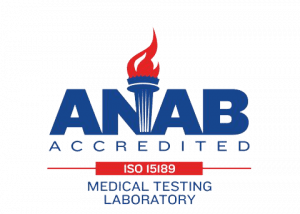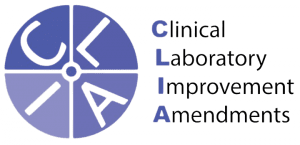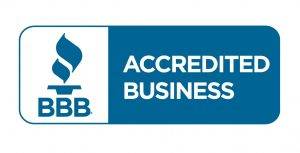
DNA Testing for You and Your Family
Starting a family is a serious undertaking. On top of finding the right stroller, clothes, and enough diapers, there are health risks lurking at every turn. The health of the baby and the health of the mother can be affected by a number of different things. The best way to determine any chance of genetic defect or abnormality is with DNA testing. While you can wait until the baby is born, there are several problems that can occur – many of which can be avoided if a test is run. To learn more about prenatal DNA testing near you, keep reading below or give ChoiceDNA a call at 800-219-4362.

What is Prenatal DNA Testing?
For many women and men, questions regarding paternity during a pregnancy are common. There are several types of DNA testing that can happen during and after pregnancy. Often, postnatal testing is done by collecting DNA from the umbilical cord or by doing a cheek swab or taking blood from the newborn. Another common, and often preferred, way to test paternity is with prenatal DNA testing. In this process, blood is collected from both the mother and father. Labs then isolate the baby’s DNA within the mother’s bloodstream and compare it to the father’s sample received. Matches are described as having a 99% probability of similarity while incorrect matches are described as having a 0% probability of similarity. These results are incredibly accurate, though the process is expensive. So who does prenatal testing? Tests like this can be done at the hospital, at labs, or by professional DNA testing facilities. DNA testing services like this are safe and won’t harm the fetus. Many mothers wonder is prenatal DNA testing safe and the answer is yes. The baby is in no way affected by the sampling or the procedure. In fact, there are actually many benefits that both mothers and fathers can glean from this process.
Benefits of Prenatal DNA Testing
There is more to prenatal testing than just determining who the father may be. For that, you can always rely on a private investigator, but they won’t be able to tell you about your baby. Women with genetic abnormalities or bodily defects often have testing done well before pregnancy. Many also complete prenatal DNA testing for chromosomal abnormalities when they are pregnant. Either way, in doing so, these tests can provide a wealth of information.
- Being Informed: These tests will tell you well ahead of time if your baby will be born normally or with any kind of abnormality. This isn’t to scare you, but to help you become more informed about yourself, your baby, and what needs to be done going forward.
- No Surprises: Knowing more about any issues with yourself or with your baby can help reduce or eliminate surprises come delivery day. There is no worse feeling that realizing something is wrong and not having enough time or resources to correct the issue.
- Right Places at the Right Time: More than anything else, knowing about any abnormalities can help you decide on a hospital. Not all delivery wards are the same. Many have special equipment and teams that can help with any abnormality or birth defect that your child may be born with.
Pregnancy is already a scary and sometimes overwhelming situation for new mothers. Knowing more about your own body and the body growing inside you can help the decision making process a little easier. When you need any kind of DNA testing done, rely on the experts at ChoiceDNA.
Frequently Asked Questions
How is prenatal DNA testing done?
- Generally, prenatal DNA testing is done by isolating the baby’s DNA within the mother’s bloodstream. This is a non-invasive method and actually the most accurate option on the market.
How accurate is non invasive prenatal DNA testing?
- Non-invasive prenatal DNA testing is much more accurate than you might believe. Though the DNA is collected from the mother, the baby’s DNA is tested against the father’s DNA to find the probability of a match.
Can a DNA test be wrong?
- In reality, DNA testing can in fact be wrong. Not because the sample or the test itself was faulty, but because the samples that were tested did not match. So, if you are testing the DNA of two individuals and the test concludes the two are not related, technically, that would be considered an incorrect result.
Does insurance cover prenatal DNA testing?
- No, insurance typically does not cover prenatal testing because it is not a medically necessary procedure. That being said, there are exceptions, such as if a woman needs an amniocentesis for reason other than a DNA test, the sample can be taken at the same time and a test can be run.
How much does it cost to get a prenatal DNA test?
- The cost for testing can vary based on the type of test you choose and the facility where you get it done. It can usually cost between $400 and $2,000 for prenatal testing, with non-invasive typically being the most expensive option.

Dial 800-219-4362 to Learn More Today
Schedule a time for prenatal DNA testing near your location with ChoiceDNA. Call us at 800-219-4362 to book your appointment today.


















